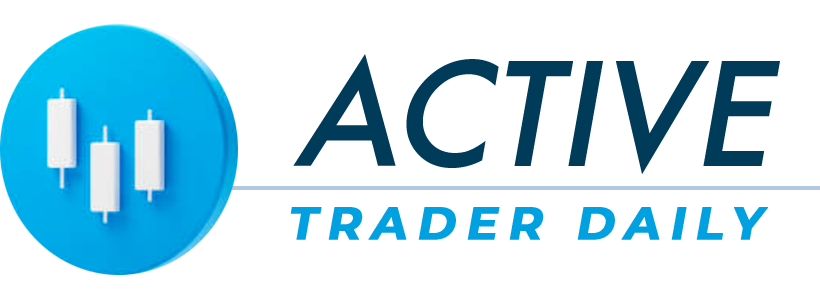There’s something extraordinary happening down at the Kennedy Space Center in Florida. Amazon (NASDAQ:AMZN), an e-commerce titan, has made its debut into the starry expanses of space, initiating its grand Project Kuiper. With an awe-inspiring investment of $120 million, Amazon has embarked on an endeavor that aims to interlink our world in ways we’ve only dreamed of.
When I first heard of Project Kuiper, I was as fascinated as you would be. Picture this: a constellation of 3,236 satellites orbiting close to our humble Earth. This image instantly brought to mind SpaceX’s Starlink, Elon Musk’s own space symphony of around 4,000 satellites in low-Earth orbit.
Amazon is kick-starting Project Kuiper in a state-of-the-art facility, nestled in Kirkland, Washington. This ultra-modern, 100,000 square-foot establishment is scheduled to start satellite production by 2023. What caught my attention, however, was the 100-foot tall high bay clean room designed to accommodate the payload fairing of new heavy-lift rockets – Blue Origin’s New Glenn and ULA’s Vulcan Centaur.
What really got me, though, was Amazon’s commitment to the project. More than 1,400 dedicated individuals spread across U.S. cities like San Diego, Austin, New York City, and Washington, D.C., are all part of this project. It’s a sight to behold. Steve Metayer, the vice president of Kuiper Production Operations, voiced the team’s ambitions with a confident assertion, “We plan to begin Project Kuiper’s full-scale production launches and early customer pilots next year. This new facility will play a critical role in helping us deliver on that timeline.”
Amazon’s reach extends beyond Kirkland. Down in Florida’s Space Coast, the company plans to create approximately 50 new jobs. The area is slated to become a hub for the preparation and integration of Kuiper satellites with rockets from the likes of Blue Origin and United Launch Alliance (ULA).
Amazon’s ambitious journey into the great beyond is marked by a couple of prototype satellites planned to launch in the coming months. This initial step is designed to test the network and subsystems, with full-scale production launches and early enterprise customer pilots expected in 2024.
An astonishing 77 heavy-lift launch vehicles have been secured by Amazon to deploy its constellation, with the majority supplied by Blue Origin and ULA. The site for these incredible launches? Cape Canaveral Space Force Station in Florida.
In an interesting turn of events, amidst Amazon’s soaring ambitions, the company’s shares traded higher by 0.27% at $130.31 on the last check on Friday. As the saying goes, “The sky’s the limit,” and with Amazon’s Project Kuiper, it seems even the sky isn’t too far to reach.










